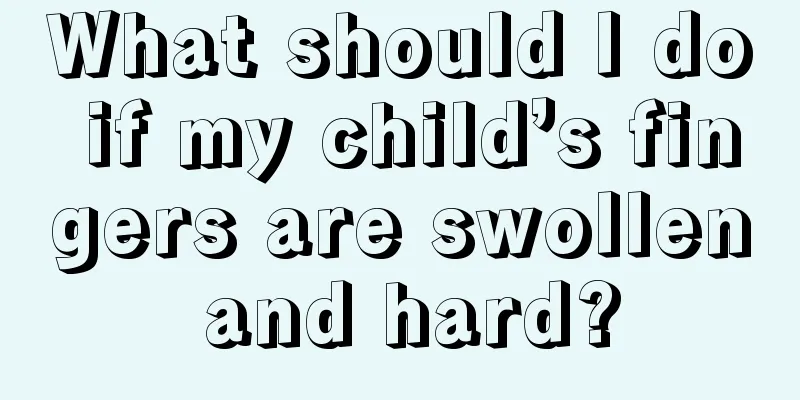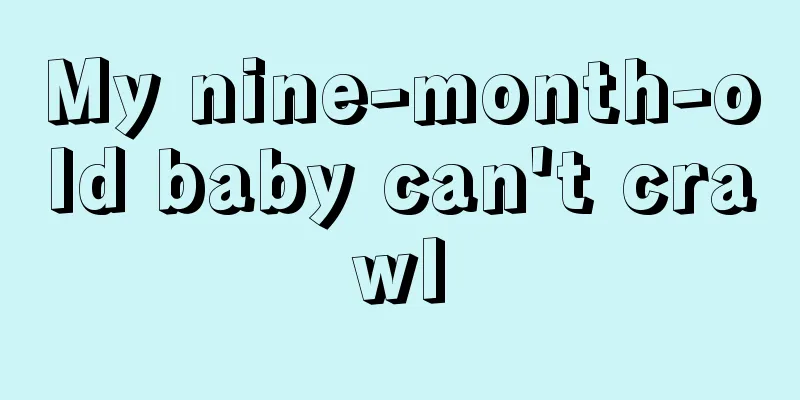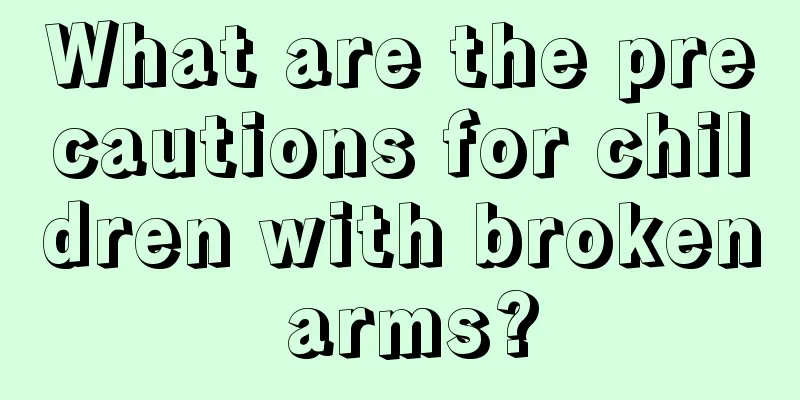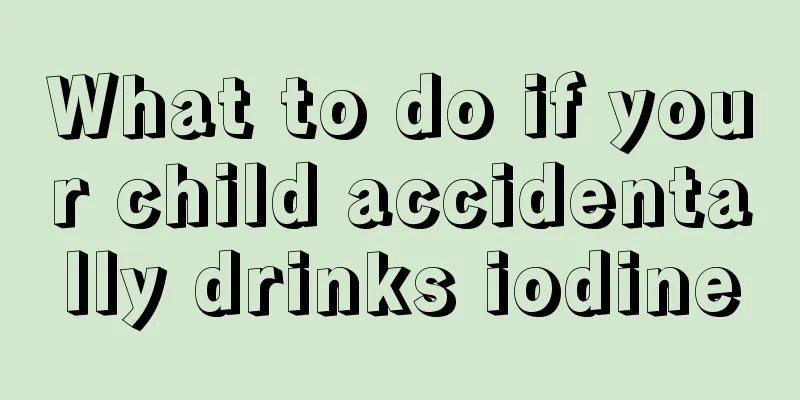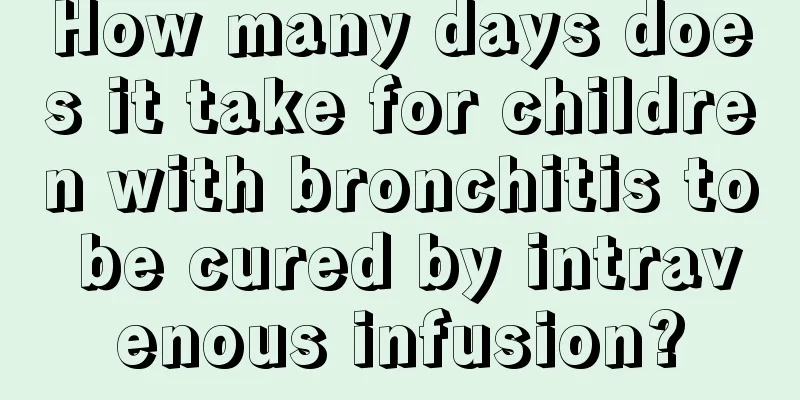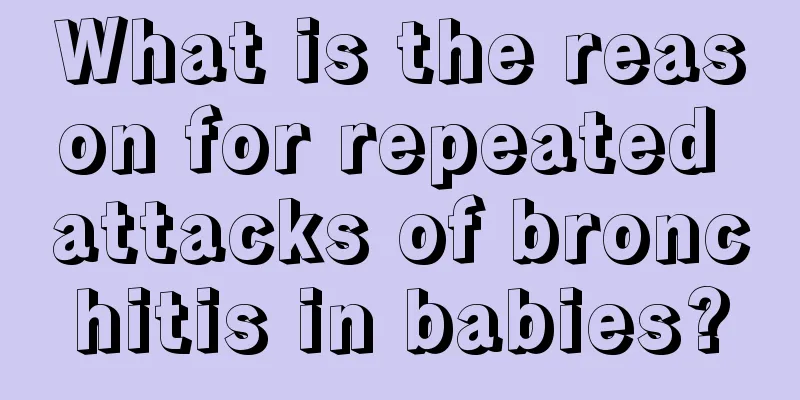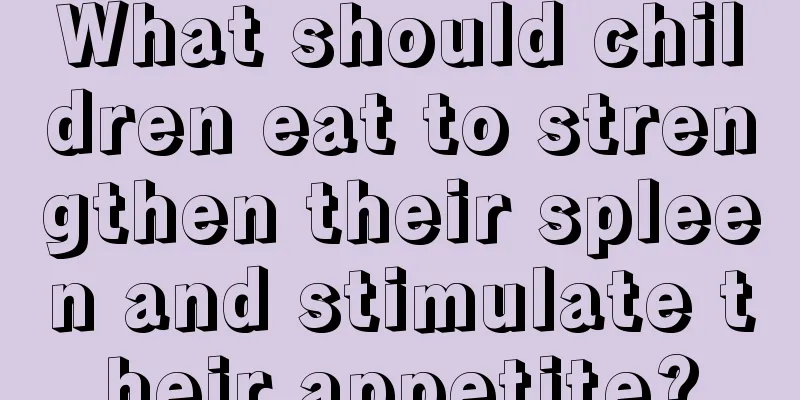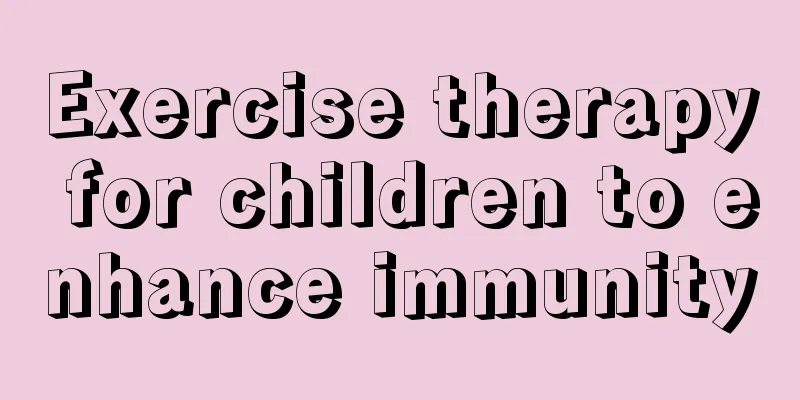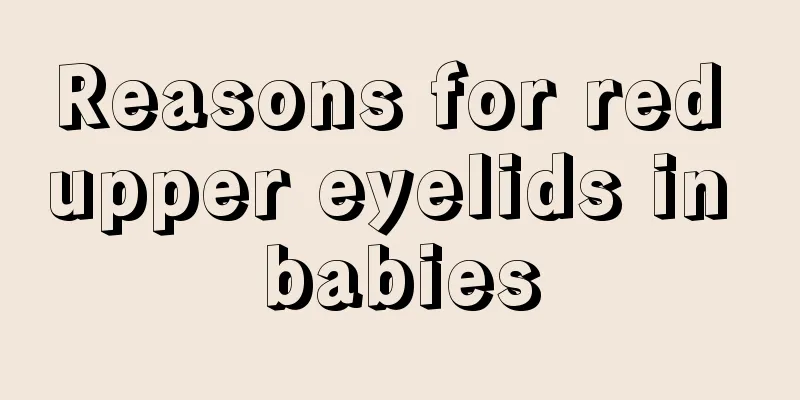When can babies use pacifiers

|
Babies who have just been born are the ones that mothers need to be very careful and caring for. There are many things mothers need to pay attention to during this period because babies are still very fragile. Pay special attention to the baby's health condition. It is very troublesome for a baby to catch a cold. There is also the issue of baby's diet. When babies can only achieve nutritional goals by drinking milk, it is best to let them eat breast milk. Breast milk is more nutritious, safer and healthier than any other formula or anything else. When babies grow to a certain age, they should stop breastfeeding and should be weaned. However, some babies may find it difficult to wean themselves off breastfeeding all at once, and at this time they need to use a pacifier as an auxiliary tool. The function of a pacifier is to allow the baby to suck hygienically and safely. It replaces the mother's nipple to give the baby taste satisfaction and comfort. Using a pacifier can make the baby feel happy and comfortable. In addition, it is the safest and best tool to relieve itchy gums when the baby is teething. What is a pacifier? The role of pacifiers The biggest function of a pacifier is to satisfy the baby's non-nutritive sucking and soothe the baby's emotions. Sucking is a baby's innate ability and the only way to express himself besides crying. Parents often see babies sucking nipples but not feeding or sucking their fingers. This is actually the baby's way of perceiving and understanding the world. Thumb sucking puts a lot of pressure on the jaw and front teeth, which can easily lead to malocclusion and breed bacteria. Sucking a pacifier can not only meet the baby's needs but also ensure the child's safety and hygiene. Most American children use pacifiers almost from the first day of life and continue to use them until about two or three years old. However, Chinese mothers believe that frequent use of pacifiers is not good for children. It can easily form a habit and lead to dependence, and it is not easy to quit. 1. Is the use of pacifiers beneficial or harmful? Disadvantages of pacifiers: 1. From a physiological point of view, since the baby's innate unconditioned reflex and sucking reflex will gradually disappear over time, if parents keep giving the baby a pacifier, it is undoubtedly strengthening this reflex, which will form dependence over time; 2. When the baby sucks the nipple continuously, air enters the mouth from the corners of the mouth as the baby swallows, and then enters the stomach. When the stomach cannot bear the capacity of milk and air, it will contract, causing milk spilling in children. 3. When children suck milk continuously, their gastrointestinal tract also moves reflexively. Frequent peristalsis can easily cause intestinal spasms and abdominal pain in babies. 4. Dentists believe that long-term use of pacifiers will affect the development of the baby's upper and lower jaws, cause the baby to have a high palate, lead to malocclusion of the upper and lower teeth, and form an unsightly lip appearance. Advantages of pacifiers: Psychological experts believe that from the time a baby is born to around 2 years old, the baby enters the oral stage. The baby will obtain satisfaction through oral activities. In addition to using sucking to eat to maintain growth and development, the sucking action can also promote the sense of touch near the lips and tongue, thereby obtaining a satisfied and happy feeling. Babies whose sucking sensation is not fully satisfied like to suck their fingers, which is particularly likely to cause skin damage and finger deformation, which is very unsightly. If they still have this habit when they are a little older, it may affect the development of their gums. Experts believe that babies under 2 years old do not need to give up the habit of sucking pacifiers, because it can be used to train the baby's sucking and swallowing abilities, especially for low-weight premature babies. It can help improve their oral and gastrointestinal functions while achieving the function of self-soothing. Finally, we need to remind everyone that pacifiers actually have great side effects. Unless the baby is having difficulty weaning or needs help in special circumstances, try not to use pacifiers. Because this can easily leave some bad habits for the baby, and in severe cases it may even cause deformation of this part of the mouth. |
<<: What to eat when your baby is suffering from internal heat
>>: Reasons for baby vomiting due to cold
Recommend
How to train premature babies to prevent cerebral palsy
Cerebral palsy is a neurological disease of the b...
How to supplement calcium for 5-year-old baby
We all know that many mothers are particularly wo...
How to educate a 21-month-old baby
A 21-month-old baby is almost two years old. At t...
Can roseola infantum rash be exposed to wind?
Roseola infantum is a type of rash. Once a baby s...
What is the reason for children's yellow hair
We are all yellow people, so we should have yello...
How do children take care of their teeth? Scientific brushing is the most important
If parents do not pay attention to supervise and ...
What to do if your newborn has blood in his urine
When a baby comes into the world, many new mother...
What should I do if my baby is allergic to pineapple? Please remember these steps
If your baby has an allergic reaction after eatin...
Symptoms of psychological disorders in children
Many parents now hold the mentality that as long ...
My baby has not defecated for two days and only farts
When babies are very young, their daily diet is a...
What should I do if my child has dandruff?
Common sense tells us that dandruff is caused by ...
Treatment of nasal congestion in one-year-old babies
The nasal cavity of a baby is not well developed ...
How to collect urine for infant urine test
Many parents have had this kind of confusion in t...
How to deal with a scratch on the baby's face
The baby's skin is relatively delicate. If th...
How to prevent baby from bloating when drinking milk?
Young babies do not know how to pause when drinki...

